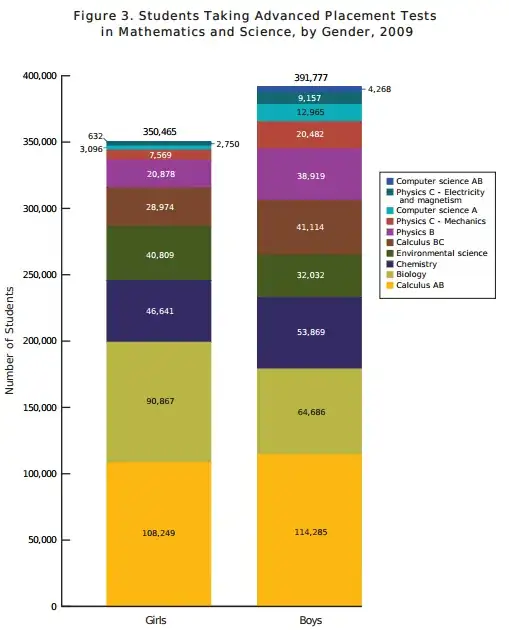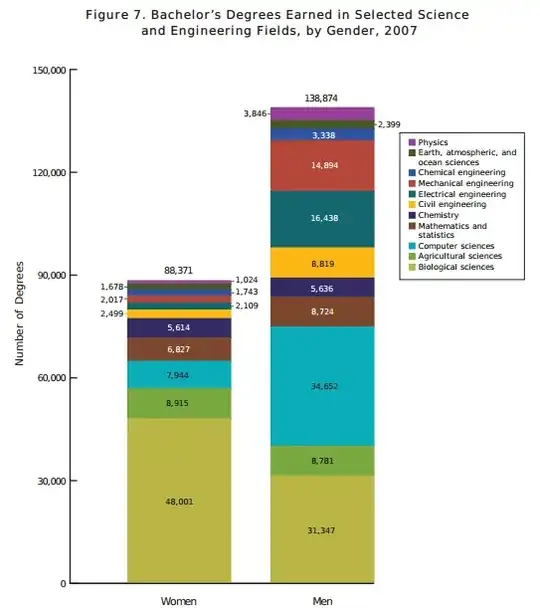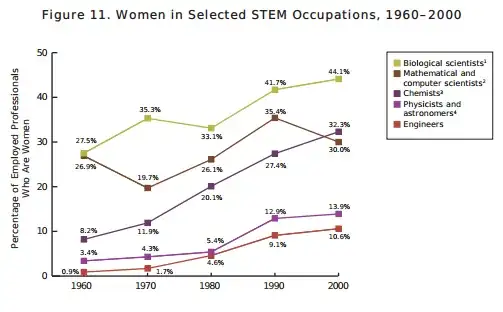It's quite a common experience that there are fewer women and African (-American) people in programming as warranted by the natural proportions. It is not so obvious whether this is due to discrimination or cultural differences (the difference being in whether the minorities are uninterested or the majority discriminatory).
Martin Fowler seems to think there is proof of discrimination in his latest blog post:
One point of view I hear fairly regularly is that these diversity imbalances are natural - because women don't have the aptitude or inclination for programming. This point of view upsets a lot of people but I think it's important to treat it seriously. I think of it as a hypothesis, which I'll call the natural balance hypothesis. It needs to be treated seriously because there's plenty of people who feel it explains the current situation - but I argue that it has two serious flaws, which mean that I must vigorously reject it.
I don't agree he is presenting any valuable proof, mostly pseudo logic based on mere speculation, but this doesn't mean he is wrong. Are serious studies supporting or contradicting his claims?


